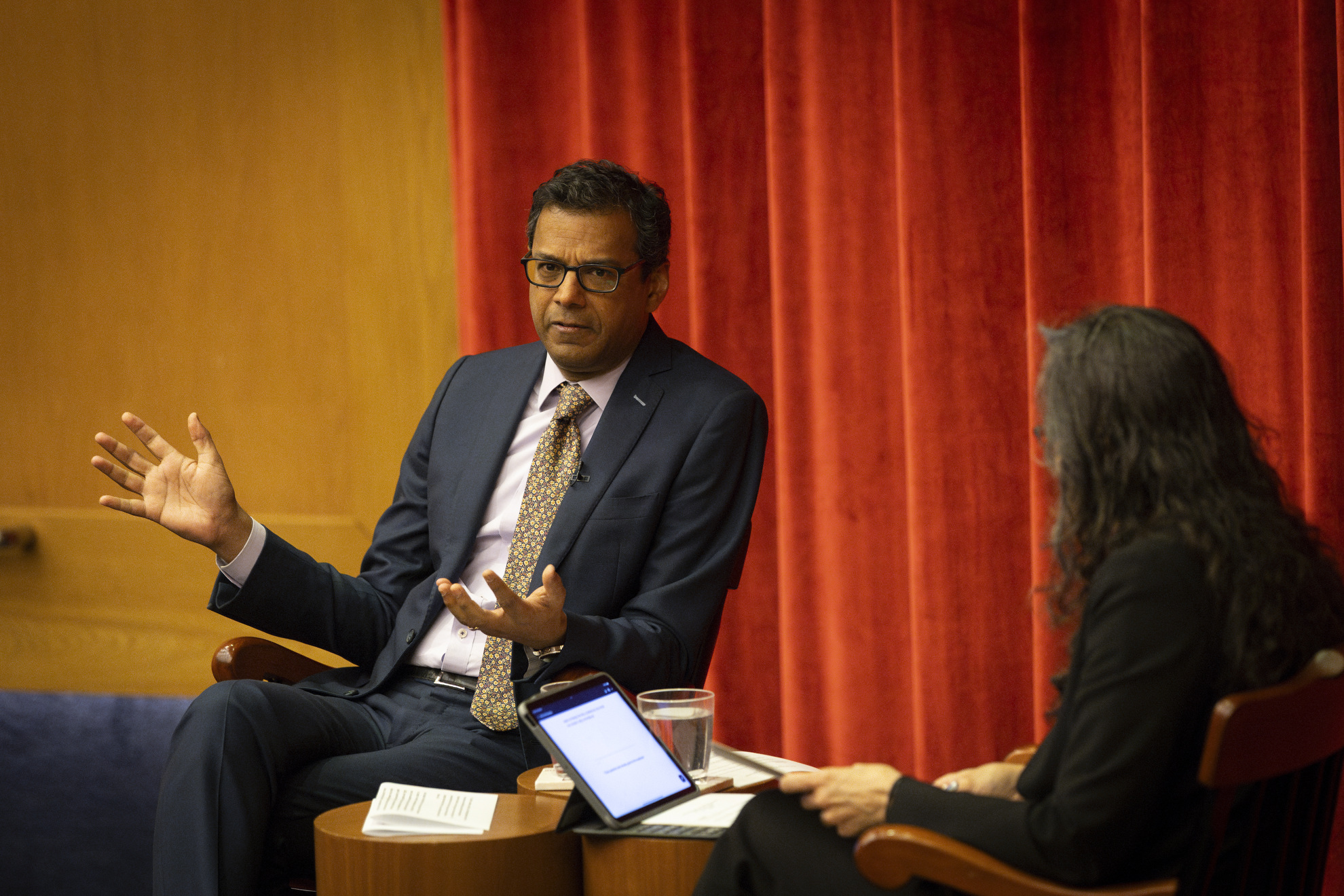The current global health crisis has highlighted the fragile state of our health systems and the critical need for robust global health leadership. As Atul Gawande articulately described, the dismantling of USAID has left a devastating vacuum in international efforts to combat life-threatening diseases and enhance health infrastructure worldwide. With millions affected and resources perilously low, the ripple effects of this crisis are felt far beyond borders. The implications of neglecting our health systems are profound, not just in terms of immediate healthcare access but also for the future of science and medicine globally. It’s imperative that nations recognize the vital role they play in safeguarding public health and work together towards sustainable solutions for a healthier future.
In light of current challenges, the international public health debacle underscores the necessity for robust health governance and collaborative efforts among nations. The erosion of essential health programs and infrastructure, as emphasized by notable figures like Gawande, has left communities vulnerable and at risk of rampant disease transmission. This disarray calls for renewed focus on enhancing health capabilities and fostering global engagement in health initiatives. Addressing these ongoing disparities requires a collective commitment to science-driven strategies and innovative approaches in medicine. As stakeholders from various sectors mobilize, it is crucial to not only recognize but also act on the interconnectedness of global health systems.
The Impact of USAID Dismantling on Global Health
The recent dismantling of USAID has led to a significant void in global health leadership, as noted by Atul Gawande. This restructuring saw the termination of over 85% of the agency’s programs, profoundly impacting public health initiatives worldwide. The repercussions extend beyond the U.S., affecting millions of individuals reliant on these programs for life-saving interventions. The agency had played an essential role in combating global health crises by facilitating early disease detection and response, demonstrating the critical void left behind after such sweeping cuts.
As Gawande articulated during his talk, the dismantling has hindered numerous projects aimed at improving maternal and child health, preventing diseases like HIV, tuberculosis, and malaria, which affect vast populations. The ability of America to assert its influence in global health has been challenged, with potential shifts in leadership dynamics as other countries may now step forward to fill the void. The deterioration of U.S. investments in health underscores the urgent need for renewed focus and funding to rebuild this integral health infrastructure.
Frequently Asked Questions
What impact has the USAID dismantling had on global health infrastructure?
The dismantling of USAID has significantly weakened global health infrastructure, leading to the loss of critical staff and programs that facilitated rapid responses to health crises. These cuts have affected disease surveillance networks, hindered maternal and childhood health interventions, and disrupted support for essential health services like HIV and tuberculosis treatment.
How does Atul Gawande view the future of global health leadership in light of recent events?
Atul Gawande expresses concern about the future of global health leadership, suggesting that if the U.S. does not reclaim its role, other nations will rise to fill the gap. He emphasizes the importance of American expertise in global health efforts despite the current setbacks caused by USAID’s dismantling.
What role does science and medicine play in overcoming global health crises?
Science and medicine are crucial in addressing global health crises by providing evidence-based solutions and innovations. Atul Gawande stresses that maintaining a robust health infrastructure and committing to scientific research are essential for effective responses to emerging health threats.
What key achievements did USAID have in global health prior to its recent cuts?
Before the budget cuts, USAID achieved significant milestones in global health, such as reducing emergency response times during disease outbreaks and implementing programs that drastically decreased maternal and childhood mortality rates. These initiatives were vital in improving health outcomes across multiple countries.
Why is it critical to save our health and science infrastructure according to Atul Gawande?
Atul Gawande argues that preserving our health and science infrastructure is vital to ensure rapid and effective responses to future health crises. He believes that while USAID cannot return to its former state, there is still time to safeguard talent and resources that are essential for global health progress.
What challenges are currently threatening global health initiatives, as noted by health leaders?
Current challenges include funding freezes for federally supported health programs and cuts to staffing at key agencies like the CDC and NIH. These disruptions threaten critical global health initiatives and undermine the investments made in health advancements.
How can individuals contribute to global health despite the challenges faced by organizations like USAID?
Individuals can contribute to global health by advocating for health policies, supporting scientific research, and participating in public health efforts. Atul Gawande encourages students and professionals to remain committed to their expertise, as their skills will be vital for the future of global health.
| Key Points | Details |
|---|---|
| Global health crisis | Atul Gawande discusses the repercussions of USAID’s dismantling under the Trump administration. |
| Impact of USAID cuts | Firing of staff and termination of 85% of programs led to devastating effects on global health initiatives. |
| Call to action | Gawande encourages commitment to science, medicine, and global health leadership despite current challenges. |
| Importance of USAID | USAID reduced emergency response time to global outbreaks and improved health outcomes for millions. |
| Future of global health | Gawande expresses hope for the future but questions America’s role in global health leadership. |
Summary
The current global health crisis has been exacerbated by the significant cuts to USAID and the loss of vital health programs and staff. Atul Gawande’s insights reveal the far-reaching impacts these changes have had on international health initiatives, highlighting the need for revitalization of our health infrastructure. His perspective underscores the importance of maintaining leadership in global health, urging students and future leaders to remain engaged and work towards solutions that can address these ongoing challenges.
